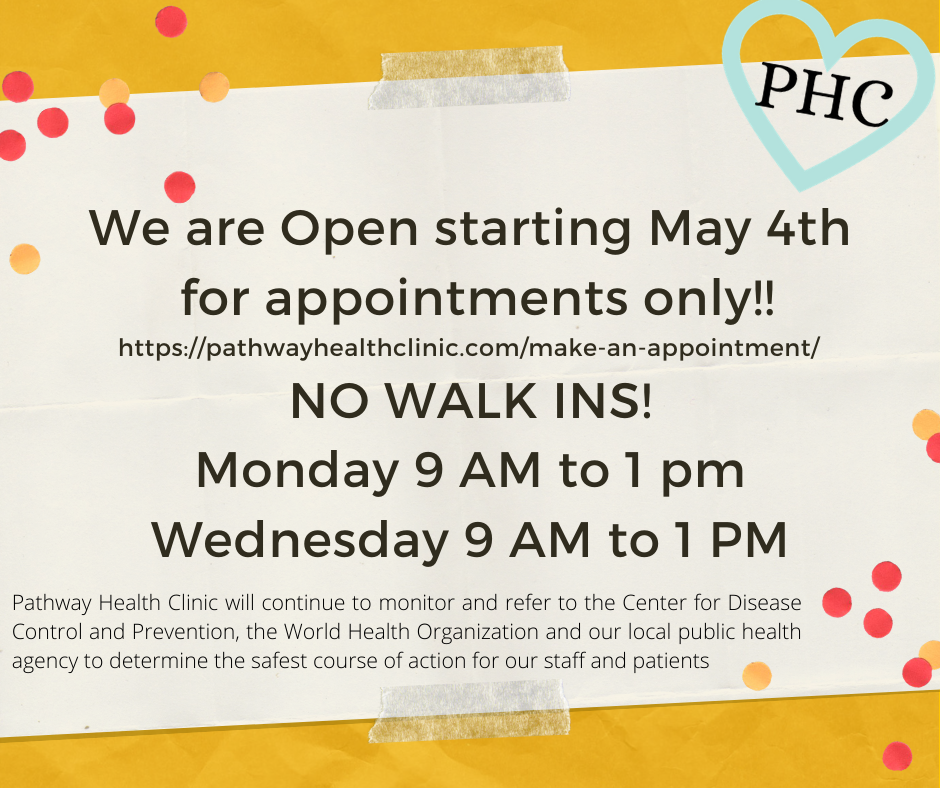Pregnancy Myths for Military
Upon joining a branch of service or marrying into the military, moving away from all your friends and family is always a huge adjustment. So, what happens when you or someone close to you think you may be pregnant? One of the first things we do when we are faced with...
You asked, We answered Vista!
Your unplanned pregnancy might have you nervous and not knowing what to expect. While you are figuring out your pregnancy options, and possibly putting an abortion plan together you can schedule an appointment for a NO COST pregnancy test to confirm your pregnancy and...
Are you facing an unplanned pregnancy?
Every woman who has faced an unplanned pregnancy will tell you she experienced a wide range of emotions. One moment there is panic, and the next anger; from laughing with her friends, with no thought to her situation, to crying, unsure what to do next. What...
Helping With Your “What If” Mindset
We as women tend to carry a lot of weight on our shoulders. Sometimes, we have a hard time reaching out for help or just talk to someone. It doesn’t matter what age you are, we can all relate to this feeling at least once in our lives. We replay situations and...
Are you Undecided About Having an Abortion?
Your unplanned pregnancy might have you afraid and unprepared with the necessary information you need to make an informed decision. Many women do not have the proper information when they are dealing with an unplanned pregnancy and start considering abortion as an...
We are open starting May 4th for appointments only!
No Walk- Ins, Appointments only. Make one Today! Monday 9 AM- 1 PM Wednesday 9 AM- 1 PM Pathway Health Clinic will continue to monitor and refer to the Centers for Disease Control and Prevention, the World Health Organization and our local public health agency to...
I am Pregnant… How do I tell others?
You just found out you are pregnant, and it is not what you wanted or expected. You are still taking in the news and now you need to tell others. This maybe causing you great anxiety and mixed emotions. Some questions you probably ask yourself are: Where do I...
Stuck at home?
Isolation and being stuck at home quarantined has been the country’s new normal recently. How does this affect our everyday lives? According to the CDC, Isolation can cause stress for adults in the following areas: Fear and worry about your own health and the health...
Coronavirus (COVID-19) & Pregnancy
Not knowing if you are pregnant can be a scary time especially today when we have the chance of coming into contact with Coronavirus (COVID-19). Below we have listed some facts from the CDC on pregnancy during Coronavirus (COVID-19). What are the chances of pregnant...









